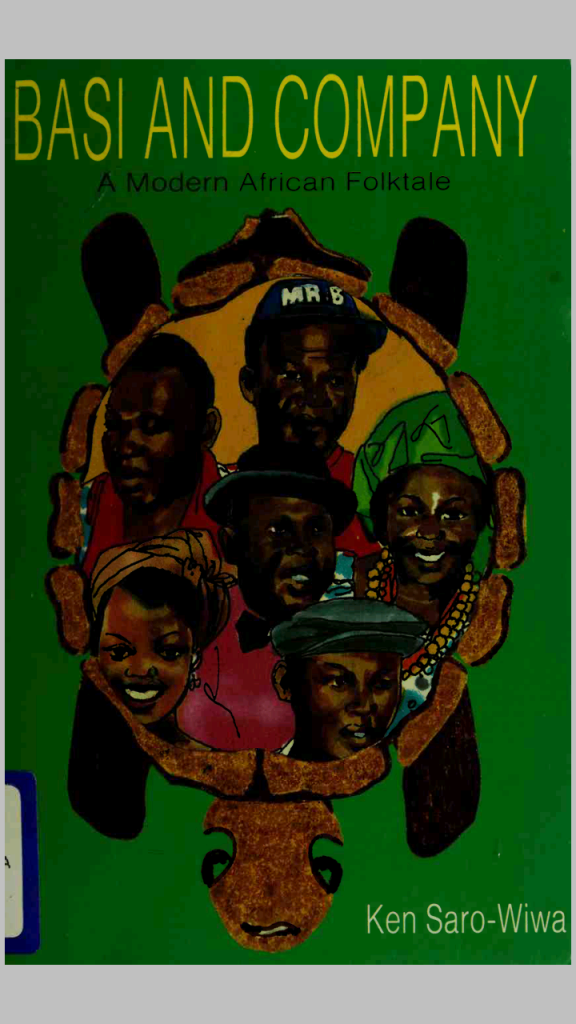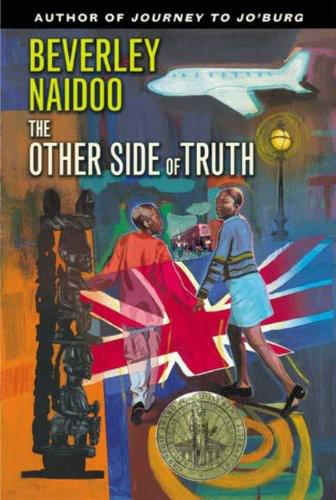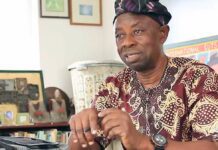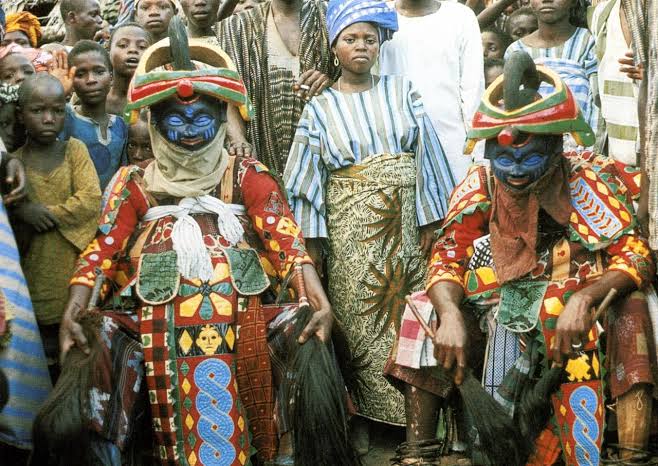Ken Saro-Wiwa was just 54 years of age when he was hanged on the premise of conspiracies authored by “brass button generals”—as Beverley Naidoo called Abacha and his cohorts in her children literature, The Other Side of Truth—after a shoddy Kangaroo trial.
Kenule was an example of how much one could achieve; how much one could become in a very short time. He began his ascent to fame and limelight in the last fifteen years of his life.
It took him only fifteen years to morph into Saro-Wiwa, the legend; Saro-Wiwa, the acclaimed writer; Saro-Wiwa, the minority rights activist; Saro-Wiwa, the publisher; Saro-Wiwa, the environmental activist; and Saro-Wiwa, the political martyr.
In the beginning of the 1980s, he put a halt to his diverse business engagements to pursue a career in writing. He started a publishing company, Saros International.
By 1990, he had said bye-bye to writing fiction and sorts after supposedly losing a manuscript on his way from the airport. And he concentrated on writing about the plight of his people, the Ogoni, and other ethnic minorities within the contraption of the oil-rich Niger Delta.
Between 1980 and 1990, he published several children literature, novels, short stories, a novelization of his TV series, and a poetry collection.
Among his notable works are A Forest of Flowers (shortlisted for the Commonwealth Fiction Prize), Soza Boy: A Novel in Rotten English, Prisoners of Jebs, and his poetry collection, Songs in a Time of War.

He was also the writer and producer of the popular sitcom, Basi and Company, which ran on the national television between 1985 and 1990. The sitcom was credited by The New York Times of having about 30 million viewers.

Toyin Falola et al distinguish between Saro Wiwa’s fiction and poetry. While his fiction is humorously satirical about the Nigerian situation, his poetry is grotesquely dark and emotive.
I think I agree with this position. Having read the novelization of his sitcom series and his single poetry collection, it is easy to tell apart his mood, style and approach to each genre.
Saro-Wiwa would leave all these to convey his protestations about the connivance of the military government and Shell Petroleum Company’s environmental degradation of the Ogoniland.
This would make him more enemies within the corridors of power.
Saro-Wiwa is arguably the father of modern Nigerian mass action and civil resistance. He reportedly organized about 300,000 Ogoni people to protest their deplorable and reckless exploitation of their land.
He was also instrumental in the boycott of the 1993 presidential election which was later annulled. He claimed the election and the government it would usher in was predicated on a system that oppressed and marginalised the ethnic minorities.
In 1994, he was framed for the murder of four chiefs and was subsequently hanged with eight other Ogoni activists.
He was hanged on November 11, 1995, a month after his fifty-fourth birthday; after a closed trial session that saw the brutalization of his legal team. Femi Falana, one of his defence counsels, was particularly slapped by a soldier.
Nigeria was sanctioned by the international communities for his hanging. It was suspended from Commonwealth of Nations at a time another Nigerian, Chief Emeka Anyaoku, was the Secretary-General.
Among his notable non-fictional texts are On a Darkling Plain (a civil war memoir), A Month and a Day (a prison diary), Ogoni Bill of Rights, and Genocide in Nigeria.
Several works have featured fragments of his story. One such work is the Nigerian movie, Black November. I had that sensation many years ago when I first saw the movie. The protagonist heroine of the movie is no doubt a parody of Saro-Wiwa’s activism and concerns.
Beverley Naidoo’s The Other Side of Truth is also set in the Saro-Wiwa’s post- hanging period, between November and December, 1995. Its characters, Folarin, Sade and Femi are victims of Abacha’s oppression. The novel reveals the tension Nigeria was beset with after Saro-Wiwa was hanged. Folarin, a fierce journalist and critic of the government, wakes up one morning to the nightmare of seeing his wife assassinated by unknown gunmen. This of course is the modus operandi of the government of the day. Kudirat Abiola, the wife of the winner of the June 12 election, Chief M.K.O Abiola, was assassinated in the same way. Folarin, in other to keep his children safe, has to arrange for Sade and Femi to be smuggled out of the country with false surnames.

Reading Saro-Wiwa and what others wrote about him brings me mixed feelings. But I choose to see the brighter side. I choose to see the possibilities of what could have been; of what should have been. I leave you these parting words from Toyin Falola’s and Roy Doron’s Ken Saro-Wiwa:
Had Ken Saro-Wiwa never formed Movement for the Survival of the Ogoni People (MOSOP) or suffered his fate at the hands of Sani Abacha in 1995, he would most likely be celebrated as one of Nigeria’s greatest literary figures alongside Chinua Achebe and Wole Soyinka.
Toyin Falola’s and Roy Doron’s Ken Saro-Wiwa
Further Reading:
 WHATSAPP: Click HERE to join the new Literature PADI WhatsApp group to receive latest updates on your phone and for further literary discussions!
WHATSAPP: Click HERE to join the new Literature PADI WhatsApp group to receive latest updates on your phone and for further literary discussions!











